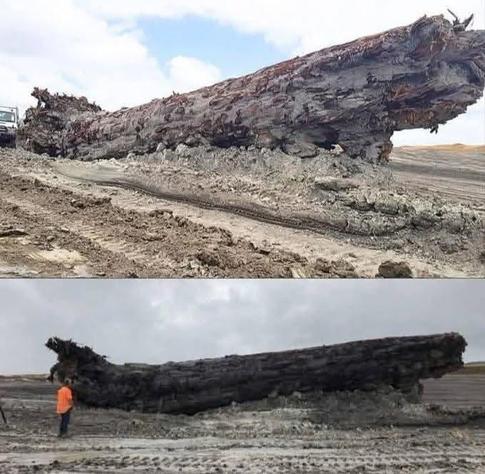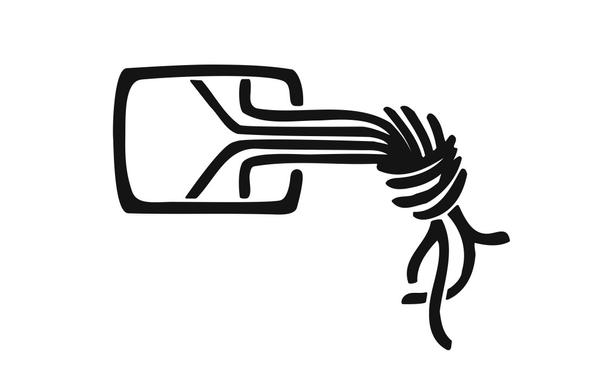Deep in a New Zealand swamp, scientists discovered an ancient kauri tree that had been entombed for more than 40,000 years—its trunk preserved like a wooden time capsule. But this wasn’t just any prehistoric tree. Its rings revealed something extraordinary: it had lived through the Laschamp Excursion, a rare moment when Earth’s magnetic poles reversed. More alarming, however, was the period just before the flip—known as the Adams Event—when the planet’s magnetic field all but vanished, exposing the Earth to an onslaught of cosmic radiation.
With Earth’s magnetic shield weakened to as little as 0–6% of its normal strength, solar and cosmic radiation surged in, triggering global climate chaos. Ice sheets expanded dramatically, storm systems rerouted, and once-verdant lands like parts of Australia were swallowed by desert. Some researchers believe the event contributed to the extinction of the Neanderthals and forced early humans into caves for protection—where they began creating the earliest known symbolic art. These dramatic shifts suggest the Adams Event wasn’t just a magnetic anomaly—it was a turning point in human history.
Now, the ancient kauri stands as both relic and warning. Its rings carry the silent testimony of a world on the edge, a reminder that our magnetic field is not permanent. If such a collapse were to happen today, the consequences could be dire—satellite failure, communication breakdowns, grid collapses, and rapid shifts in climate. This tree, long dead, still speaks—whispering across the ages about the fragility of the invisible forces that shield our modern world.






